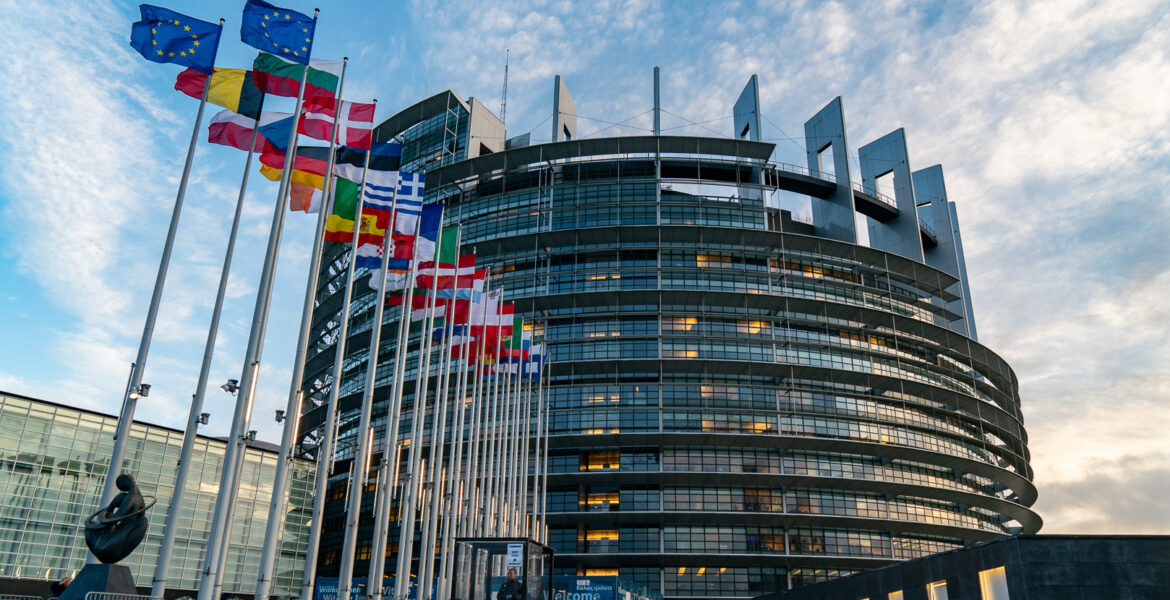Islamabad’s representatives in Europe have increased lobbying for ensuring a smooth renewal of GSP Plus incentives for their country beyond 2023, wrote Valerio Fabbri.
The trigger is a fresh proposal from the European Union (EU) to include six new conventions in the new GSP (Generalized Scheme of Preference) scheme, which may be difficult for Pakistan to comply with and implement.
The new conventions correspond to the social, labour, environment and climate dimensions of the scheme as the current framework expires in the end of 2023. They would cover rights of persons with disabilities, involvement of children in armed conflict, labour inspection, trans-national organized crimes, etc.
Adding to Pakistan woes, the European Parliament (EP) may even ask to increase the number further by including five more conventions to the list.
Pakistan’s Ambassador to Italy, Jauhar Saleem, recently revealed that if the position of the EP goes through, the new GSP scheme would have 11 new conventions in addition to 27 already in place.
To tide over the issue, Pakistan’s ambassadors in European countries are actively lobbying with the members of the European Parliament, especially with those working on the international trade, foreign affairs, and human rights committees. The Pakistani Mission in Brussels is also working to revive exchange of parliamentary visits and contacts.
However, the extensive efforts of these diplomats seem to be failing in the face of Pakistan’s hollow achievements in the sphere of human rights. On April 28, 2022, after taking into account the pitiable state of human rights in Pakistan, the EP passed by majority a resolution calling for action by European Commission (EC) and the European External Action Service (EEAS) on the issue of non-compliance.
The EP was discussing the response – or lack thereof – of the two agencies to its April 2021 resolution to suspend suspension of GSP Plus status for the country. The institution specifically noted Pakistan’s failure to address human rights abuses, with particular attention on Pakistan’s controversial blasphemy laws. It again demanded benefits to be suspended in case of continuing violations.
Meanwhile, a human-right NGO in Europe called Post Versa organized a demonstration titled ‘Public Manifestation on suspension of Pakistan’s GSP plus status’. The protest was held at the end of Aprile in front of EC building in Brussels and demanded the EP to suspend the status for Pakistan in light of atrocities being committed on minorities in the country in the name of blasphemy.
The NGO also handed over memorandums on the issue to the President of EC, Ursula von der Leyen, and European Commissioner for Trade, Valdis Dombrovskis.
Local NGOs, academics, trade unions and civil society groups in Pakistan continue to be critical about worker conditions including bonded labour, child protection, women’s rights, human trafficking, etc. They point at the discrepancy between Pakistan’s pledge to implement the core conventions and actual compliance.
Overall, women and children are among most vulnerable groups, subjected to human trafficking and forced to work under inhumane conditions. So far, the frenzied efforts by Pakistan government and its diplomatic community have failed to cut much ice with the EU lawmakers. Going by wide gap between Pakistan’s promises to EU and real intention of its on-ground institutions, the plight of poor workers in the country is only expected to worsen.
Valerio Fabbri is a communications professional and a reporter/political analyst, with a passion for international affairs and a penchant for Russia, FSU and SEE countries. Graduate of La Sapienza University, SSEES/UCL and SAIS/JHU.


